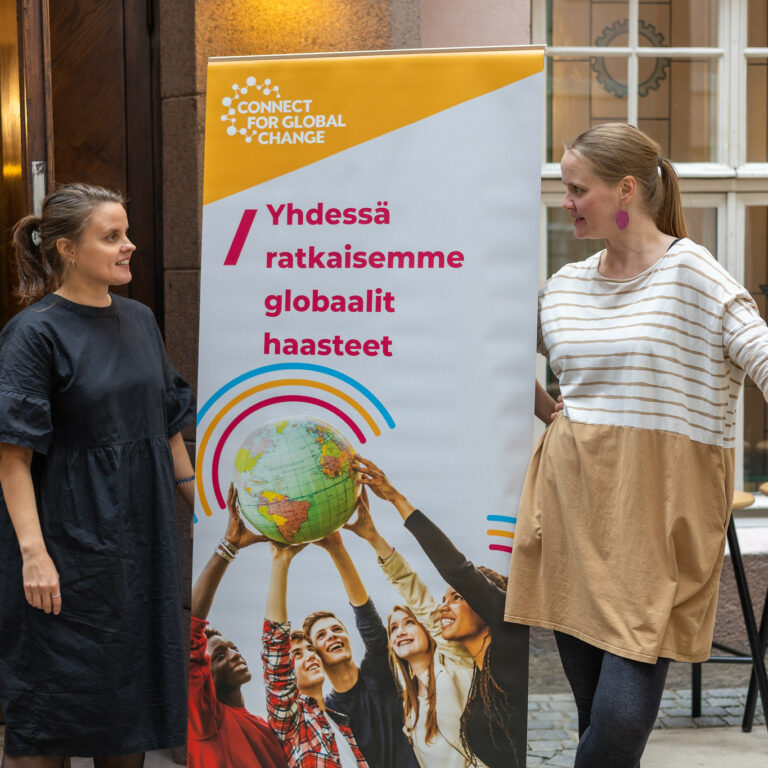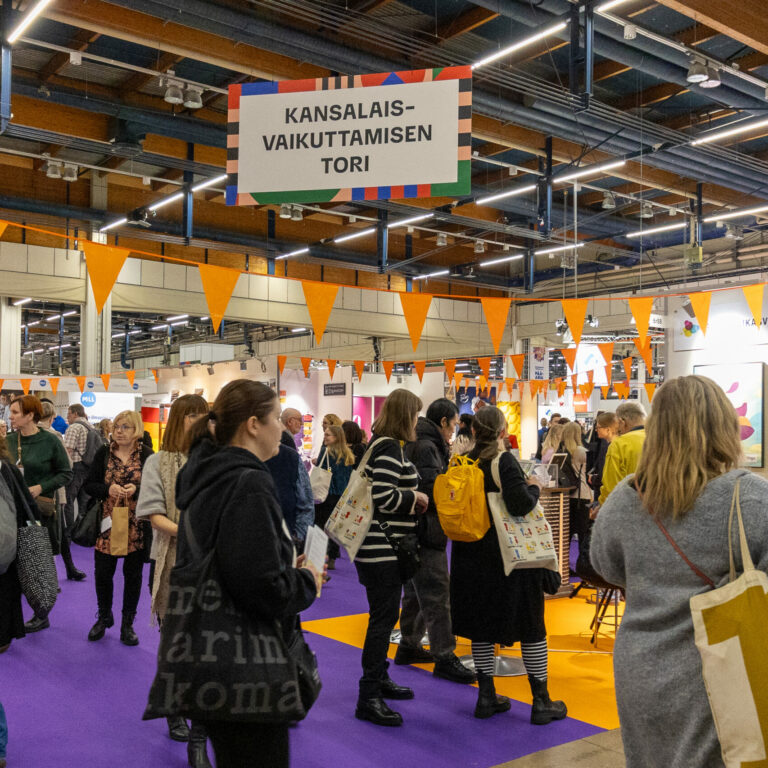The role of the diaspora is gaining increased recognition in development circles both globally and also in the Finnish context. The World Bank has for instant in recent years produced annual reports on migration and development detailing the economic role the diaspora community plays in the development arena.
Teksti: Paula Njeri-Konttinen
In his maiden speech, the Finnish minister for International development, Mr. Pekka Haavisto, pointed out engaging the diaspora as one of his key focus during his term in office.It is imperative that I define the term diaspora at this juncture. Literature offers different definitions of the term. The Merriam Webster dictionary defines the diaspora as a group of people who live outside the area in which they had lived for a long time or in which their ancestors lived. According to the African Union, “The African Diaspora consists of peoples of African origin living outside the continent, irrespective of their citizenship and nationality and who are willing to contribute to the development of the continent and the building of the African Union.”While public debate has given a lot of focus to issues of migration and the impact this has on the social, cultural, economic and political context of European societies, little focus has been given to diaspora’s contribution to development. This is irrespective of the fact that the diaspora plays a key role in global development. A report by the world bank indicates that Diaspora and migrants remittances (that is money sent by a foreign worker to a recipient in his/her country of origin) are the second biggest legal global finance flow after foreign direct investment (FDI) .Remittances have become one of the most significant source of foreign exchange for African countries (link: The World Bank: Leveraging migration for Africa, Remittances, skills and investment). Africans in the diaspora remit 60 billion dollars annually. 15m people of African origin in the EU impact on 67m people in Africa. This is more than all the international development organizations put together. We should be careful however not to narrow diaspora contribution to only remittances and financial flows. Diasporas are influential bridges to knowledge, expertise, resources and markets for countries of origin.Despite the impressive figures sighted above, diaspora face both internal and external challenges in fulfilling their role in development. Some international factors affecting diaspora role include ; weak capacity, Individualistic thinking and lack of understanding about advocacy and how to create an enabling environment (sometimes due to issues of marginalization and integration in the host countries). There are also external factors that prevent Diaspora’s enhanced role. These include Poor enabling policy environment (due to lack of support by governments and others stakeholders/funders), lack of integration into official development discourse and architecture, a weak data and evidence base and other factors beyond their control e.g. recession and unemployment in the host countries and wars and conflicts in the countries of origin.In what ways can diaspora resources be harnessed to maximize their contribution to sustainable development? The starting point is the realization of the diaspora potential in playing a key role in development. Policy makers and practitioners can no longer afford to isolate the diaspora from mainstream development discourse and architecture. Policy makers and practitioners are the pillars for enhanced diaspora engagement. They should get to know who the diaspora are, where they are and what they do and can do. Trust is a core ingredient to collaborating with the diaspora. This requires active dialogue to cultivate their goals and objective and challenges and solutions to fulfilling their role in development.The answers to the questions of diaspora engagement lie with all of us. We are all aware that diaspora matters, yet their potential remains unrealized. Let us realize it together!


